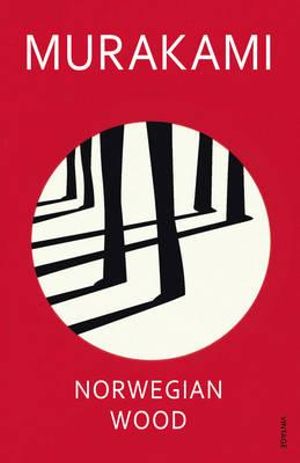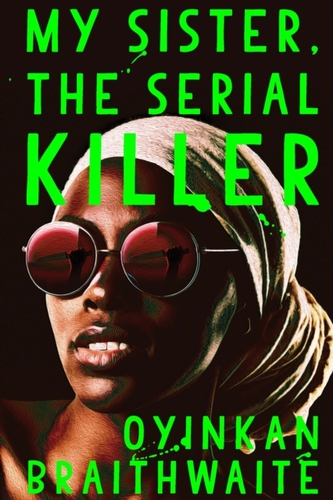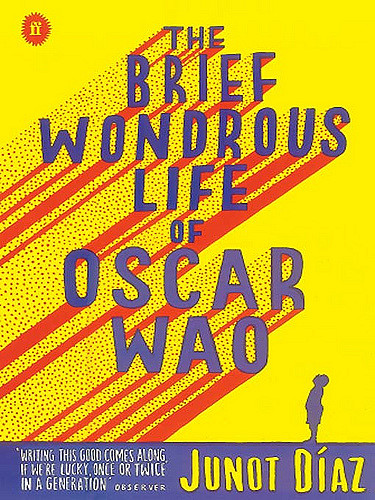Norwegian Wood – Huruki Murakami
“Memory is a funny thing”, writes Toru Watanabe, the narrator of Norwegian Wood. A song plays on board his flight to Hamburg, causing him to recall a period of his life 18 years earlier and “times gone forever, friends who had died or disappeared, feelings I would never know again.” He focuses on a particular scene from his college days, reflecting that at the time he thought nothing of it, “I never stopped to think of it as something that could make a lasting impression”.
It has made a lasting impression though, one that forms the rationale for “writing this book. To think. To understand.” The story itself is an account of Toru’s college days and the relationships he makes and loses during that time. It is a coming of age tale, one of discovering love and sexuality. It is simply told but the story is captivating and full of characters who are complex, and deeply portrayed.
There is Naoko, the pretty former girlfriend of Toru’s dead best friend. Illusive and scarred by grief, she leaves Tokyo for a secluded retreat for those who are mentally unstable. Having fallen for her, Toru is left to wait for Naoko to recover and return to the world, cutting himself off from deeper relationships with others he meets in the meantime.
Nagasawa, from Toru’s dorm, becomes friends with Toru based on their shared taste in novels, although he believes that “If you only read the books that everyone else is reading, you can only think what everyone else is thinking”. He takes Toru out for nights of drinking and womanising.
‘Storm Trooper’, is Toru’s roommate for a time. He does exercises around their room at 6am, insists on keeping the place immaculate and provides other humorous anecdotes for Toru to tell.
Reiko, Naoko’s hospital roommate, believes she is the sanest patient at the institution, but is marked by a complicated past. She is incredibly honest, tells Toru her backstory and becomes close with him.
Midori, one of Toru’s course mates, is eccentric and charming. She befriends Toru in a café and takes him on outings with her, even to visit her father in hospital. Midori is full of life despite the death of her parents and is both a free and freeing presence. Her relationship with Toru develops and forms some of the most endearing parts of the novel. For example, when Toru tells her she is cute, “so cute the mountains crumble and the oceans dry up”. When she asks how much he loves her, “enough to melt all the tigers in the world to butter”.
The presence of death is strong in the novel, haunting the characters’ pasts. Toru, although lonely and serious, seems to put others at ease. Yet, in the end, it is unclear whether he himself gains resolution.
Norwegian Wood is not surreal like The Wind-Up Bird Chronicle. Named after the Beatles song that Naoko loves so much, it is set in Japan in the 1960s and evokes time and place, although these merely serve as a backdrop to Toru’s personal life. The novel is beautifully written and I would definitely recommend it.







